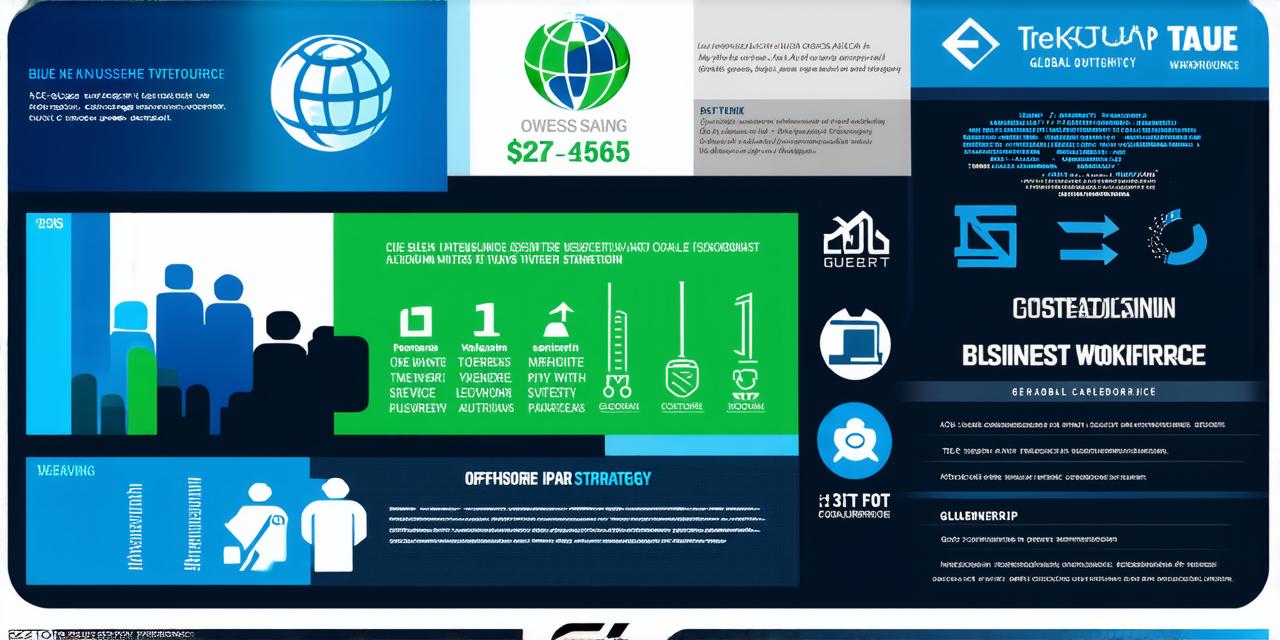Understanding the Concept of Offshore Outsourcing
BlogOffshore outsourcing is a business practice where companies outsource certain tasks or processes to service providers located in different countries, often with lower labor costs. This concept has become increasingly popular in recent years due to the growing availability of skilled workers and cost savings that can be achieved through offshoring.
Table of Contents
ToggleBenefits of Offshore Outsourcing
One of the main reasons companies outsource to offshore locations is to reduce costs. Labor costs in some countries are significantly lower than in developed economies, which can lead to significant savings for businesses. Additionally, offshoring can help reduce overhead costs such as rent and utilities, as well as other expenses associated with maintaining an office.
Access to Talent
Offshore locations often have a large pool of skilled workers who are highly educated and trained in specific areas, such as software development or customer service. This means that businesses can easily find talent with the skills they need, without having to invest in training or recruitment efforts.

Flexibility
Offshoring provides companies with more flexibility in terms of staffing and scheduling. For example, a business can outsource certain tasks during off-peak hours in their home country, which allows them to take advantage of the skills of workers in other time zones.
Challenges of Offshore Outsourcing
Communication can be a challenge when working with service providers located in different countries. Language barriers and differences in time zones can make it difficult to collaborate effectively, which can lead to misunderstandings or delays in project completion.
Cultural Differences
Cultural differences can also pose challenges for offshore outsourcing. It is important to understand the norms and values of the culture in which you are working, as well as any potential communication styles or work ethic differences that may arise.
Legal and Regulatory Issues
Offshoring involves navigating legal and regulatory frameworks in different countries, which can be complex and time-consuming. It is important to understand the laws and regulations that apply to your business operations in each location, as well as any potential risks or liabilities associated with offshore outsourcing.
Factors to Consider When Deciding Whether to Offshore
When deciding whether to offshore, businesses should consider the trade-off between cost savings and quality of service. While offshoring can lead to significant cost savings, it is important to ensure that the work being done meets the standards and expectations of your business.
Type of Work
The type of work you are outsourcing can also impact whether or not offshore outsourcing is appropriate for your business. Certain tasks, such as customer service, may require a high level of communication and cultural sensitivity, which can be more challenging to achieve when working with offshore providers.
Distance and Time Zone
The distance between your home country and the offshore location can also impact whether or not offshoring is a good fit for your business. The closer the two locations are, the easier it may be to collaborate and ensure that work is completed to the required standards.
Conclusion
Offshore outsourcing can provide significant cost savings and access to skilled talent, but it also comes with challenges such as communication, cultural differences, and legal and regulatory issues.
